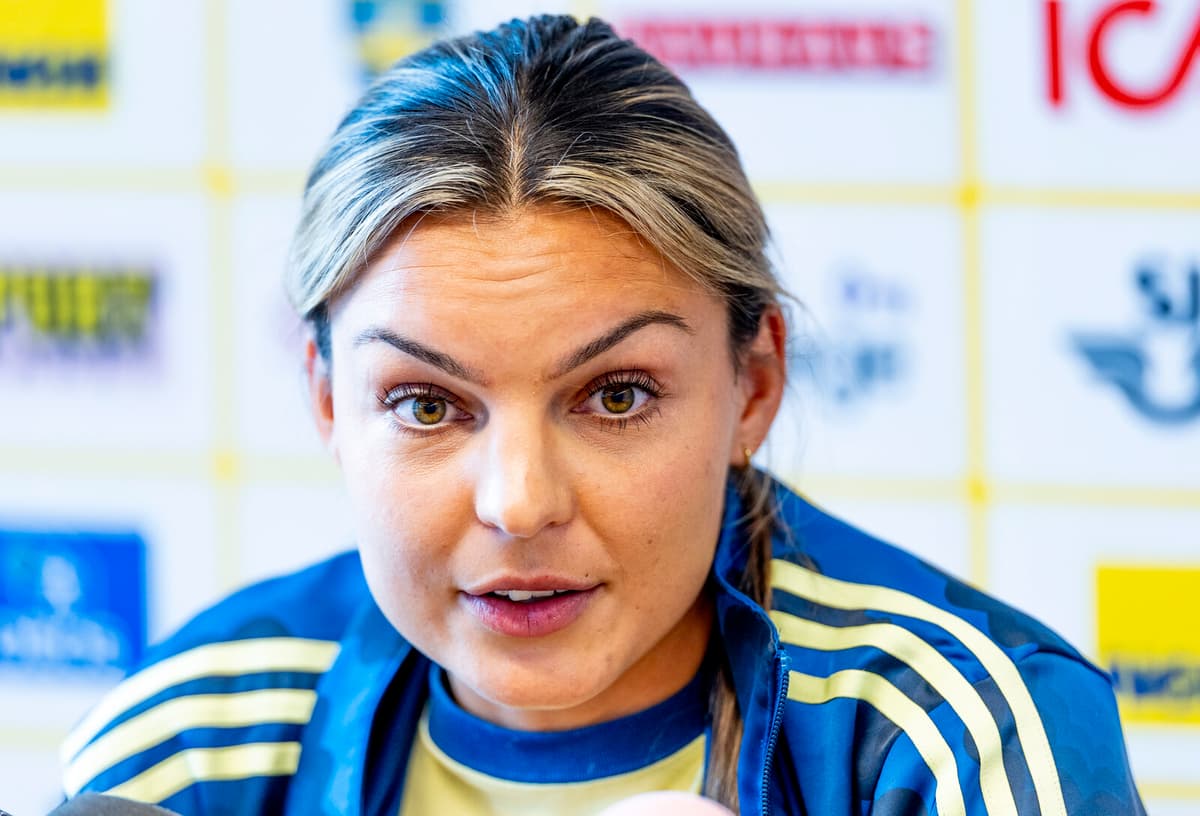Severe knee injuries, such as cruciate ligament injuries, are common in the sports world – especially on the women's side.
Two Swedish examples are European Championship football players Rebecka Blomqvist and Johanna Rytting Kaneryd. Other European Championship players who have been affected during their careers are Germany's Giulia Gwinn, Spain's Alexia Putellas, the Netherlands' Vivianne Miedema.
Martin Hägglund is a professor at Linköping University and conducts research in physiotherapy and sports medicine. Together with his research team, Hägglund has found that proper training, in the form of knee control, from a young age significantly reduces the risk of severe knee injuries.
But training correctly is not always that easy.
In Swedish sports, it is common for parents to act as coaches, and the level of knowledge varies.
Hägglund does not think that any change should be made.
Drives collaborations
Having parents as coaches is part of the Swedish model, I do not think we should change that. If teams start hiring coaches, maybe clubs need to raise the fee, and then the sport will not be as accessible to everyone. The nice thing about Swedish popular sports is that everyone can participate because it has lower fees.
Instead, it's about spreading information and educating our Swedish volunteer coaches.
The media can get the information, like now. We invite to workshops, and we collaborate with the football association, the floorball association, and the handball association. They get the information through their coach training, on their websites, says Hägglund about how parents can take part in the training programs.
Also by having role models going out in, for example, social media and urging to do the exercises. Say "come on girls, do this training". The national football team that was at the European Championship now does the training, it's good when role models show it up.
Johanna Rytting Kaneryd is positive about contributing more.
"Positive if can be prevented"
Since I have been through it myself and know how tough it is. If I can help and contribute, it's obviously something I want to do. If we can prevent it from happening, it's very positive. And that it is being researched, it's needed, it's no secret. I wish no one such an injury, says Rytting Kaneryd, who has been doing knee control since the age of 15.
Martin Hägglund recommends starting with knee control from the age of 10-12.
What can you do if you haven't done good knee training during your upbringing?
– Start. It's never too late to start with knee control, says Hägglund.






